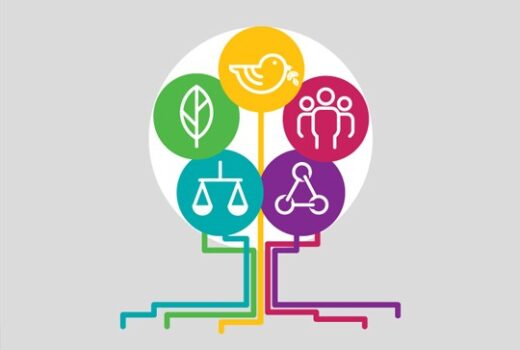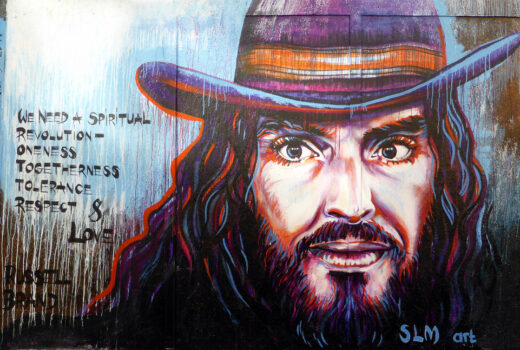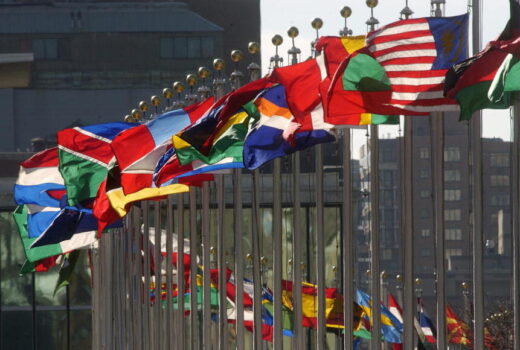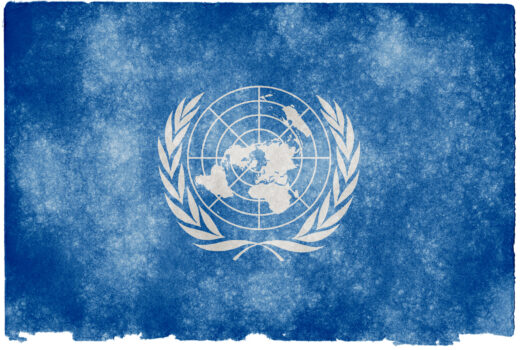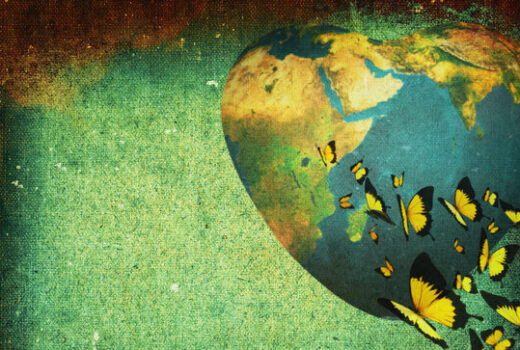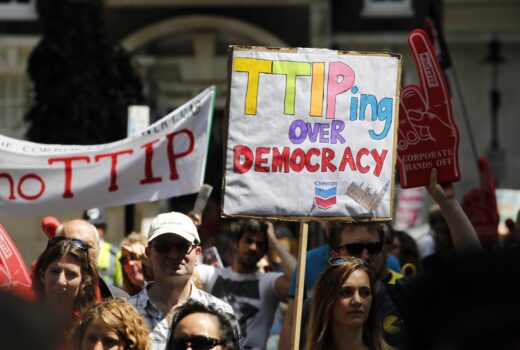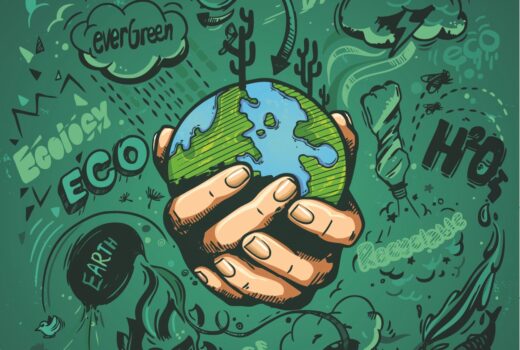Topic: Corporate power
Sharing as our common cause
Report / 4th December 2014This report demonstrates how a call for sharing underpins many existing initiatives for social justice, environmental stewardship, true democracy and global peace. On this basis, STWR argues that sharing should be more widely promoted as a common cause that can help connect civil society organisations and social movements under a united call for change.
In praise of Russell Brand’s sharing revolution
Article / 24th November 2014For all of Brand’s joking and braggadocio, a sagacious theme runs through his new book: that a peaceful revolution must bring about a fairer sharing of the world’s resources, which depends upon a revelation about our true spiritual nature.
Advocacy at the UN for a commons-based vision of sustainable development
Blog / 10th November 2014Civil society groups at the United Nations are highlighting a powerful new movement in our midst based on caring, sharing, community and cooperation - and they propose a comprehensive vision for how governments can unleash its full potential.
Studies on the principle of sharing
Article / 22nd October 2014In this ongoing series of studies by STWR’s founder, Mohammed Sofiane Mesbahi, he investigates the meaning and significance of the principle of sharing from spiritual and psychological as well as social, economic and political perspectives.
Sharing a (not so) living planet
Article / 3rd October 2014As the further evidence comes to light of how our economic systems are decimating the natural world, sharing is fast emerging as the central theme in the discourse on how to ensure prosperity for all within planetary boundaries.
Discurso sobre los ismos y el principio del compartir
Article / 12th August 2014¿Cómo podemos generar conciencia de que el compartir es la solución a una crisis planetaria, y la última esperanza que nos queda para rehabilitar un mundo dividido? Es central a esta pregunta el problema de los “ismos”, en los cuales nuestra complacencia se ha intelectualizado a fin de justificar su existencia como normal.
Dialog o medsebojni delitvi hrane
Article / 8th August 2014Če smo zainteresirani, da zaustavimo trajno kriminalno ravnanje, ki sredi obilja povzroča stradanje, svojih aktivnosti ne smemo omejiti samo na raven svoje lastne države ali lokalne skupnosti. Rajši razmišljajmo o medsebojni delitvi hrane na globalni ravni in, pred vsem drugim, v povezavi s politiko dokončnega izkoreninjenja lakote.
Comercialización: la antítesis del compartir
Article / 24th July 2014“Compartir es la clave para resolver los problemas del mundo”. Tal declaración es tan simple que puede fracasar en hacer un llamamiento, por lo que si queremos comprender lo que significa debemos ir mucho más profundo en esta materia.
The rising global movement that calls for #noTTIP
Article / 15th July 2014TTIP is the latest bid to capture policymaking by the profit-making interests of the 1%, with dire implications for anyone who upholds a vision of a more equitable and sustainable economic order.
Global economic sharing: the most important debate of our time?
Article / 24th June 2014The implications of moving towards a global sharing economy are immense, but there are many reasons to embrace this simple concept - which is far more radical and urgent than it may at first seem. As a primer from STWR makes clear, the necessity of sharing the world’s resources is central to the most critical issues that humanity faces in the 21st century.
